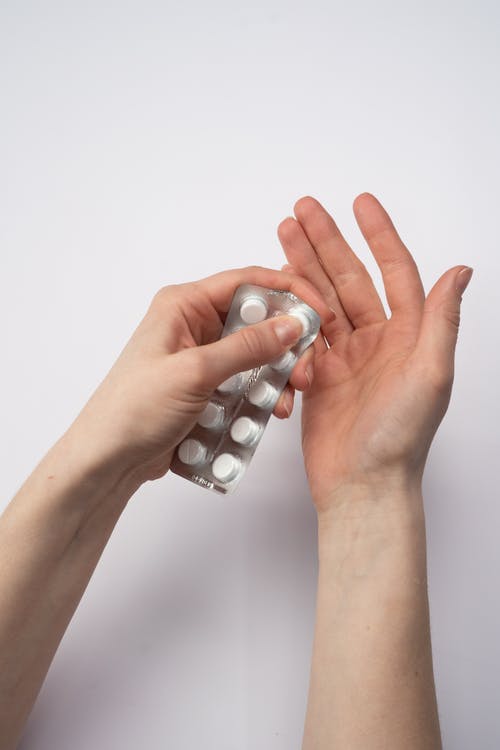U.S. sales of melatonin supplements have skyrocketed.
Melatonin, an over-the-counter supplement (as well as a naturally occurring chemical in the brain) is associated with its sleep-wake cycle. Now, researchers are finding its supplement form on the rise, as well as higher dosages becoming increasingly popular over the past few years. In fact, they’ve found the use of melatonin grew “fivefold over the past two decades in the United States.” The study was published in a letter in the Journal of the American Medical Association.
“Your body produces melatonin naturally. It doesn’t make you sleep, but as melatonin levels rise in the evening it puts you into a state of quiet wakefulness that helps promote sleep,” explained Johns Hopkins sleep expert Luis F. Buenaver, Ph.D., C.B.S.M.
“Melatonin facilitates our ability to fall asleep at our bedtime by decreasing the natural early evening circadian arousal that helps keep us alert despite our having been awake since the morning,” said David Neubauer, MD, a sleep specialist at Johns Hopkins University School of Medicine, Baltimore, Maryland. “It isn’t so much that melatonin is sedating, but rather that it turns off arousal.”

Researchers reviewed data from the National Health and Nutrition Examination Survey from 1999-2000 to 2017-2018, focusing on respondents 20 years of age and older. They noted “the response rates greatly reduced from “84% in 2001-2002 to just 51.9% in 2017-2018.” The new letter also found “only 2% of the group of survey respondents said they had taken the sleep aid within the past month.”
The supplement is available in a variety of forms, making the users’ chose a wide one. It’s now available in tablets, capsules, gummies, powders, liquids, sprays, and other formulations and CBD-melatonin concoctions.
“Millions of U.S. individuals are using melatonin,” study co-author Naima Covassin, PhD, an associate consultant at Mayo Clinic in Rochester, Minnesota, said. “These trends were similar in men and women and across age groups. We also found that use of more than 5 mg/day melatonin was not reported till 2005-2006, and it has been increasing since. It is important to ask patients who report sleep problems whether they consume melatonin supplements, and these findings should certainly prompt more research in this area.”
He continued, “Melatonin use has likely grown due to marketing and a higher number of products. They are being manufactured at higher doses, although melatonin has a flat dose-response curve. Higher doses typically do not have a greater effect.”
According to Covassin, melatonin is generally considered to be safe, although side effects such as fatigue, dizziness, and headaches have been reported in clinical trials. This is especially evident when high doses are administered. Other potentially more harmful consequences have also been noted. For instance, it has been found that acute administration of melatonin may decrease glucose tolerance, which may be especially problematic in patients with preexisting vulnerabilities such in those with diabetes. There are also very limited data on whether sustained use is safe in the long run.”
This means, although there is a wide spectrum of dosages, there only exists these various dosages because of deceptive marketing tactics. More users need to be aware as research regarding the effects of the drug continues to evolve.
Sources:
OTC Melatonin Supplement Use Rises Fivefold Over 20 Years: Study


Join the conversation!